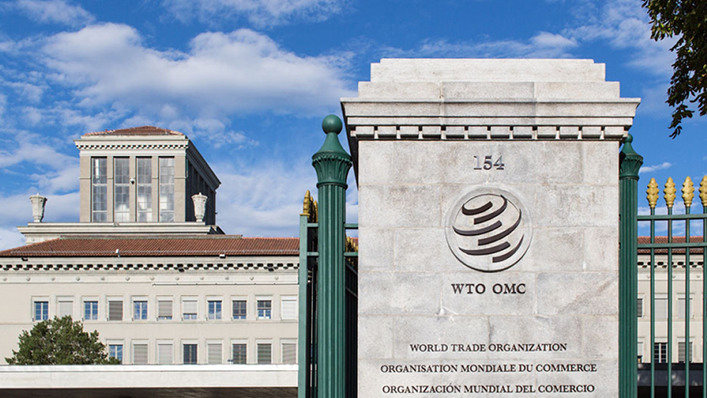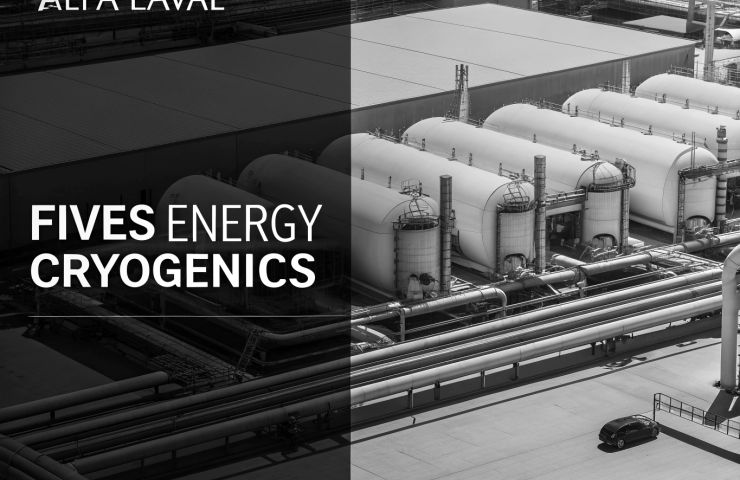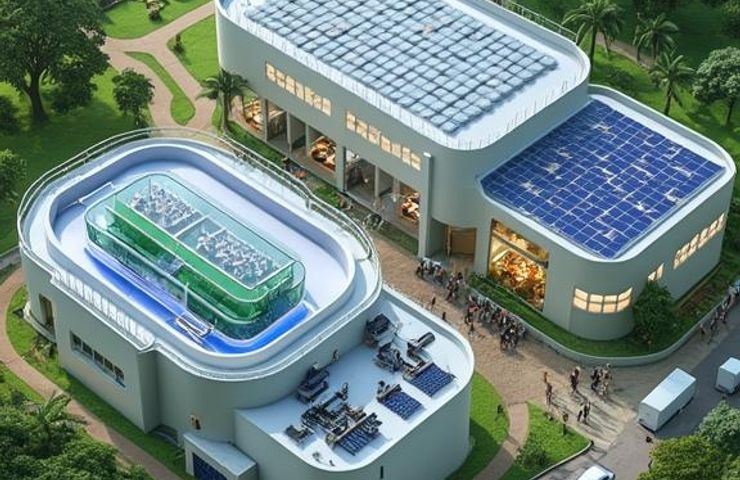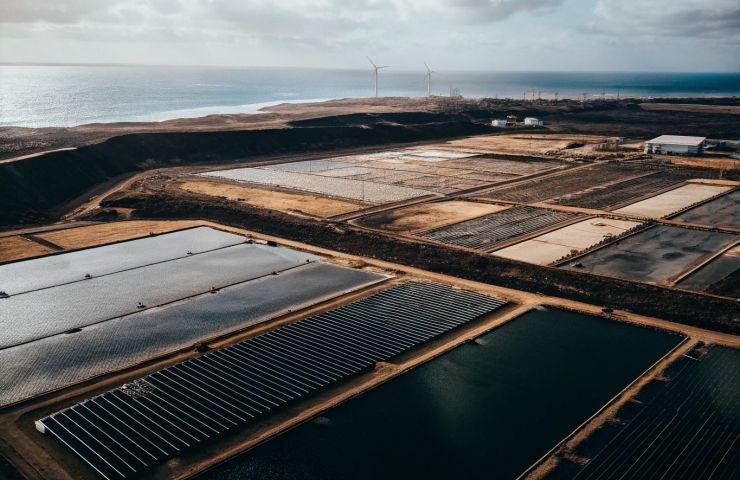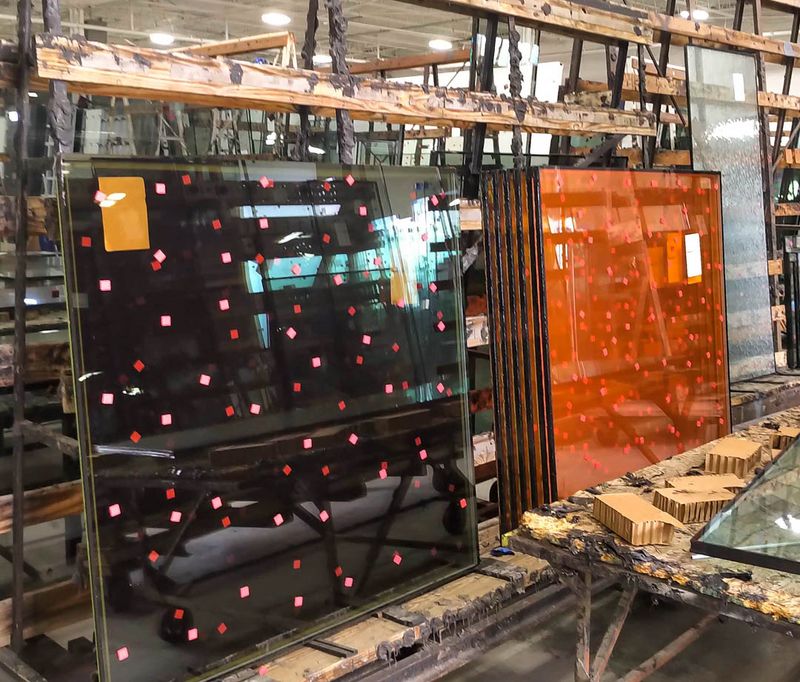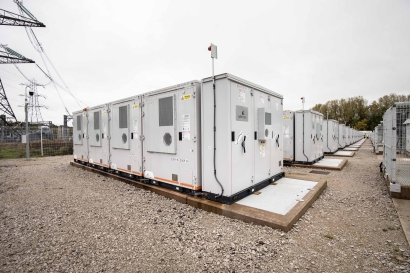Bosch and Schaeffler Unveil Scalable Electrolyzer Innovations at Hannover Messe to Accelerate Green Hydrogen Production
Germany is turning up the heat in the race for green hydrogen innovation. At the upcoming 2025 Hannover Messe, two…
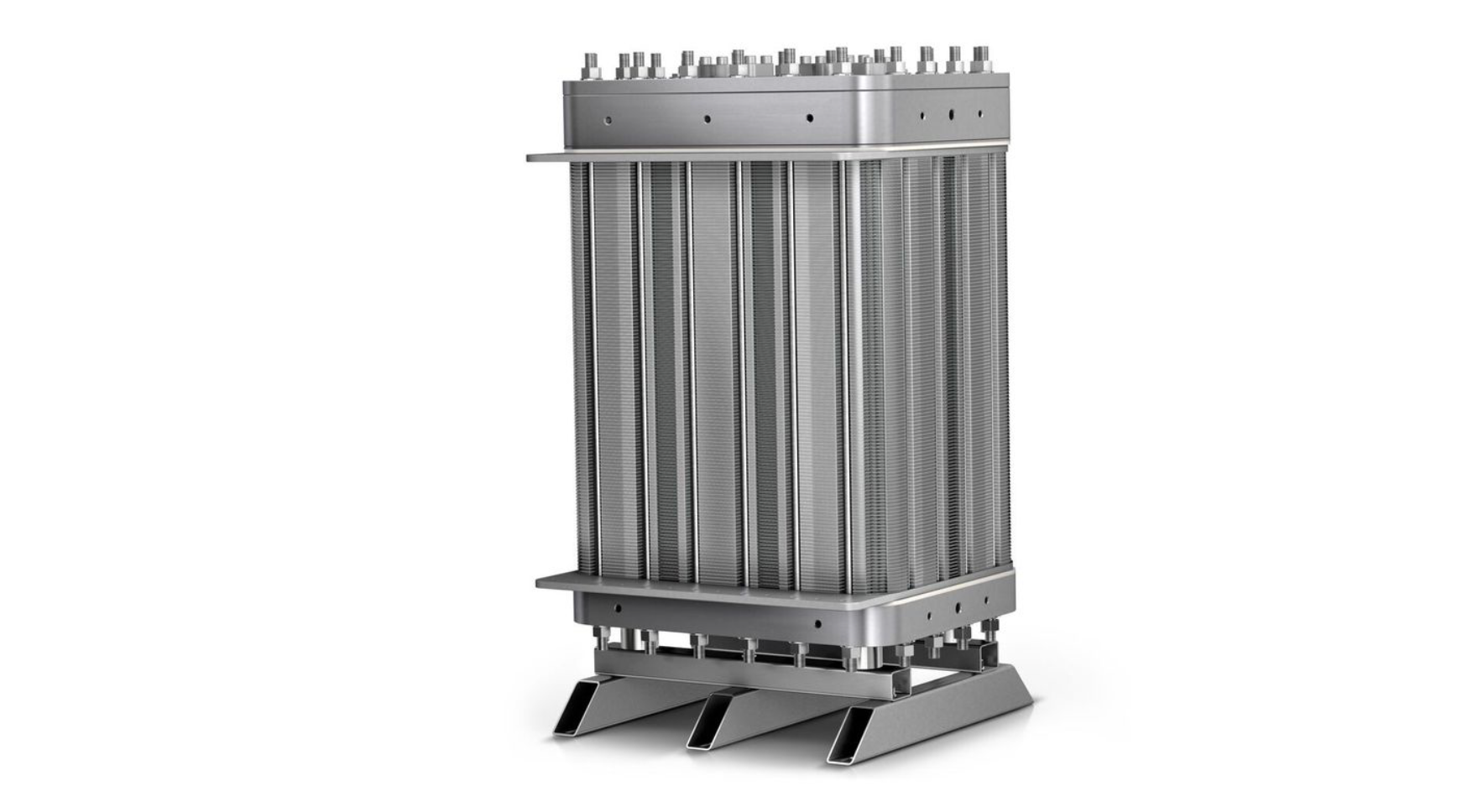
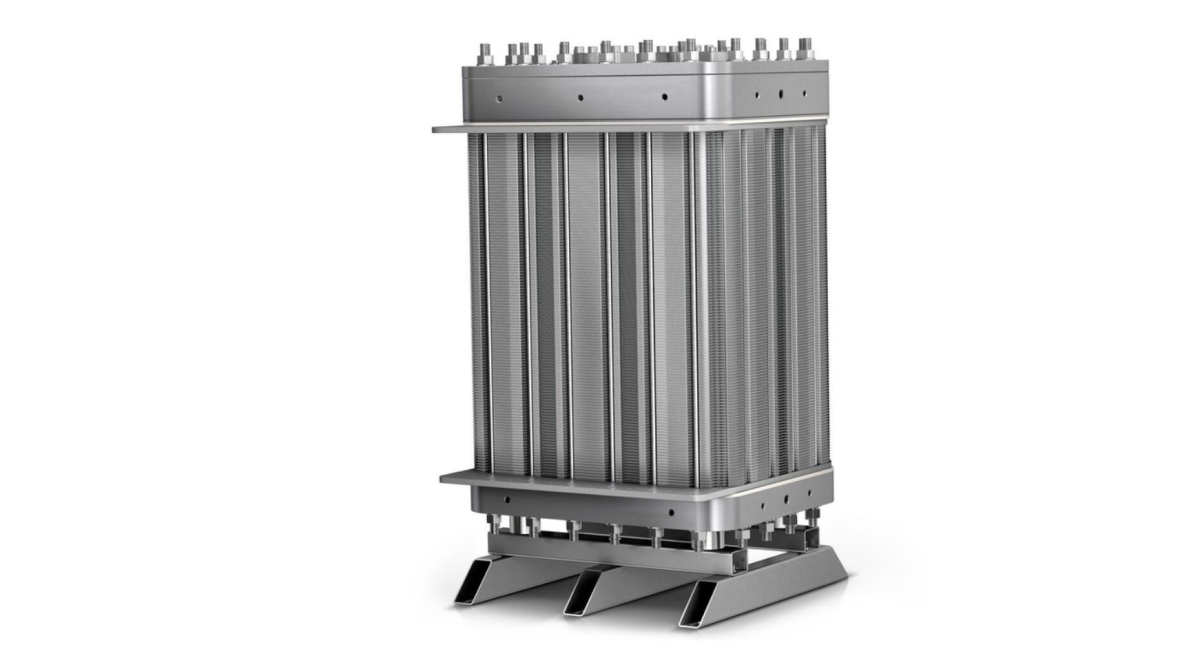
Germany is turning up the heat in the race for green hydrogen innovation. At the upcoming 2025 Hannover Messe, two industrial heavyweights—Bosch and Schaeffler—unveiled breakthrough advancements in electrolysis technology, marking a major step forward in cutting the cost of hydrogen production and pushing it closer to everyday use.
Germany’s Hydrogen Playbook: Gaining Ground Early
With global electrolysis capacity expected to soar to 170 GW by 2030, it’s no surprise companies are scrambling to get ahead. And Germany isn’t wasting time. Businesses like Bosch and Schaeffler are making bold moves to secure their slice of the fast-growing hydrogen economy. Backed by the EU’s climate goals and decarbonization strategies across sectors like transport, chemicals, and heavy industry, the timing seems just right.
Bosch Rolls Out Hybrion: Scalable PEM Electrolysis for Real-World Use
Bosch made a splash with the debut of its new Hybrion PEM electrolysis stacks, officially announcing its entry into the hydrogen game. The technology is designed to fit into modular containers, which is a big win for cramped industrial setups trying to expand into green hydrogen without rethinking their entire layout.
Powered by renewables, these PEM systems cleanly split water into hydrogen and oxygen—right in line with Europe’s aggressive carbon neutrality targets. While specific output details weren’t disclosed, Bosch emphasized that the systems are built to last and plug seamlessly into its broader portfolio of industrial solutions. It’s a clear sign they’re not just dabbling—they’re going all in.
Schaeffler Unveils a Heavy Hitter: 1-Megawatt Electrolyzer
Meanwhile, Schaeffler showed it’s no slouch either, presenting a full-blown 1-megawatt electrolyzer capable of churning out about 450 kilograms of green hydrogen per day. Built for flexibility, the system can scale from 50 kW to 1 MW, which means it can serve sprawling grids just as easily as it can power up compact, decentralized hubs.
Schaeffler says the focus here is on durability, cost reduction, and industrial-grade efficiency—key ingredients for pushing hydrogen production from boutique to mainstream. As the hydrogen market starts heating up between now and 2030, this kind of plug-and-play versatility will likely be in high demand.
Freudenberg Adds the Finishing Touch: High-Performance Sealing
Of course, all that fancy engineering won’t go far without dependable components. That’s where Freudenberg Sealing Technologies comes in. Specializing in sealing solutions for water electrolyzers, Freudenberg’s contributions might not grab headlines—but they’re crucial. Their advanced seals help maintain performance and longevity by preventing gas leakage and cutting resistance losses inside the PEM stacks.
Built to handle the tough chemical and thermal conditions that come with continuous use, these seals are the unsung heroes keeping electrolysis systems running smoothly.
What This All Means
- Electrolyzer designs are trending toward scalability and modularity, signaling a real push from pilot projects to wide deployment.
- Germany is clearly positioning itself at the core of Europe’s hydrogen value chain, using its industrial prowess to steer the transition.
- A strong ecosystem is forming, with specialist suppliers like Freudenberg beefing up the reliability and readiness of hydrogen tech for real-world rollouts.
Hydrogen Momentum: A European Movement
This isn’t just a Germany-only affair. Across Europe, momentum around electrolysis is picking up fast. But what stands out are the coordinated plays by German OEMs, who are not just bolting on tech—they’re building vertically integrated hydrogen platforms from the ground up. Events like Hannover Messe are quickly evolving into energy innovation hubs, setting the stage for a clean tech boom.
The Road Ahead
From decarbonizing heavy industry to supporting energy storage on massive scales, green hydrogen is gaining serious traction—and fast. Game-changing tech like Bosch’s Hybrion and Schaeffler’s modular electrolyzers are pushing the industry toward affordability and scalability. And with essential partners like Freudenberg locking in the reliability factor, hydrogen isn’t just part of the conversation anymore—it’s becoming the cornerstone of tomorrow’s industrial decarbonization strategy.
What's Your Reaction?










